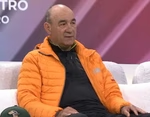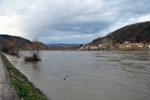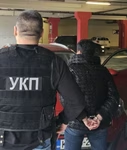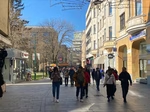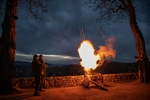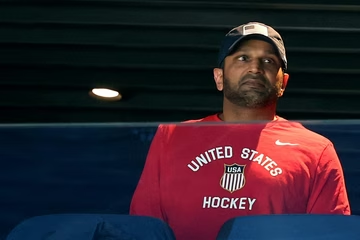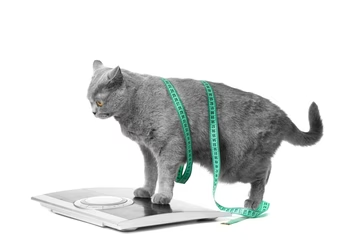Bosnia's Security Minister to Croatia: We will protect our border at all costs

Bosnia will not allow any foreign police force to enter the country anymore even if the price to pay is conflict, Security Minister Dragan Mektic told N1 on Wednesday regarding frequent reports of Croatian police entering Bosnian territory and pushing migrants back into the country.
Thousands have entered Bosnia on their way toward EU countries since the beginning of 2018. The country became a significant transit point after numerous surrounding countries closed their borders.
The next stop after Bosnia is mostly the country’s western neighbour, Croatia. Croatian border police, however, often turn them back.
Bosnia’s Security Minister Dragan Mektic has repeatedly accused Croatian police of entering Bosnia illegally and forcefully pushing the migrants back into the country.
“Croatia has completely given up on the Agreement on Readmission and turned to illegal activities. There is proof for that. We will not allow the territorial integrity of Bosnia and Herzegovina to be breached anymore,” the Security Minister said.
“That means that we will stand at our border and will not let any foreign military or police force enter Bosnia and Herzegovina,” he said, adding that authorities are obligated to protect the territorial integrity of the country.
“We cannot just stand by and calmly watch as others pass through. My message to the Croatian side is: We will stop it even if the price for it is conflict,” he stressed.
As for neighbouring Serbia, Mektic said that their police force has not been entering Bosnian territory.
“As for our eastern neigbours, there is no breaching of territorial integrity, there are illegal migrations, they are being encouraged. We mostly get information on violence and the use of force from the migrants and we have not heard any complaints regarding the behaviour of Serbian and Montenegrin police officers, but we have documented cases of abuse by Croatian police,” he said.
He added that Croatia has under pressure from the media and other countries already admitted that their police pushed back migrants into Bosnia.
Mektic also spoke about the one million Euro donation Bosnia received from the Czech Republic in an effort to help the country fight illegal migration. He said he decided to steer the donation toward equipping the Border Police with “highly sophisticated technology” to prepare officers better for the fight against illegal migration, “especially since the Border Police is several hundred officers short and we have problems in securing the border.”
He said that all the money the EU provided for Bosnia to help it deal with the migrant crisis in the beginning was used to “cope with the consequences” and that the country spent all of it for humanitarian purposes once the migrants already entered the country.
“After the July 17 meeting in Brussels with the European Commission (EC), we spoke about new ways of donating and using that money. The EC is interested in steering that money now toward Bosnia’s institutions so they spend it for what they believe to be most needed,” he explained.
However, the EU also asked that one of its experts becomes a member of Bosnia’s Operative Headquarters for tackling the migrant crisis in order to ensure the money is spent responsibly, he said.
He explained that Bosnia lacks credibility “because politics get involved in everything here, especially where there is money.”
Mektic estimated that some 15 million Bosnian Marks are necessary annually to control the migrant crisis, but that since Bosnia still has not formed a government this year, there is no budget.
Kakvo je tvoje mišljenje o ovome?
Učestvuj u diskusiji ili pročitaj komentare





 Srbija
Srbija
 Hrvatska
Hrvatska
 Slovenija
Slovenija














